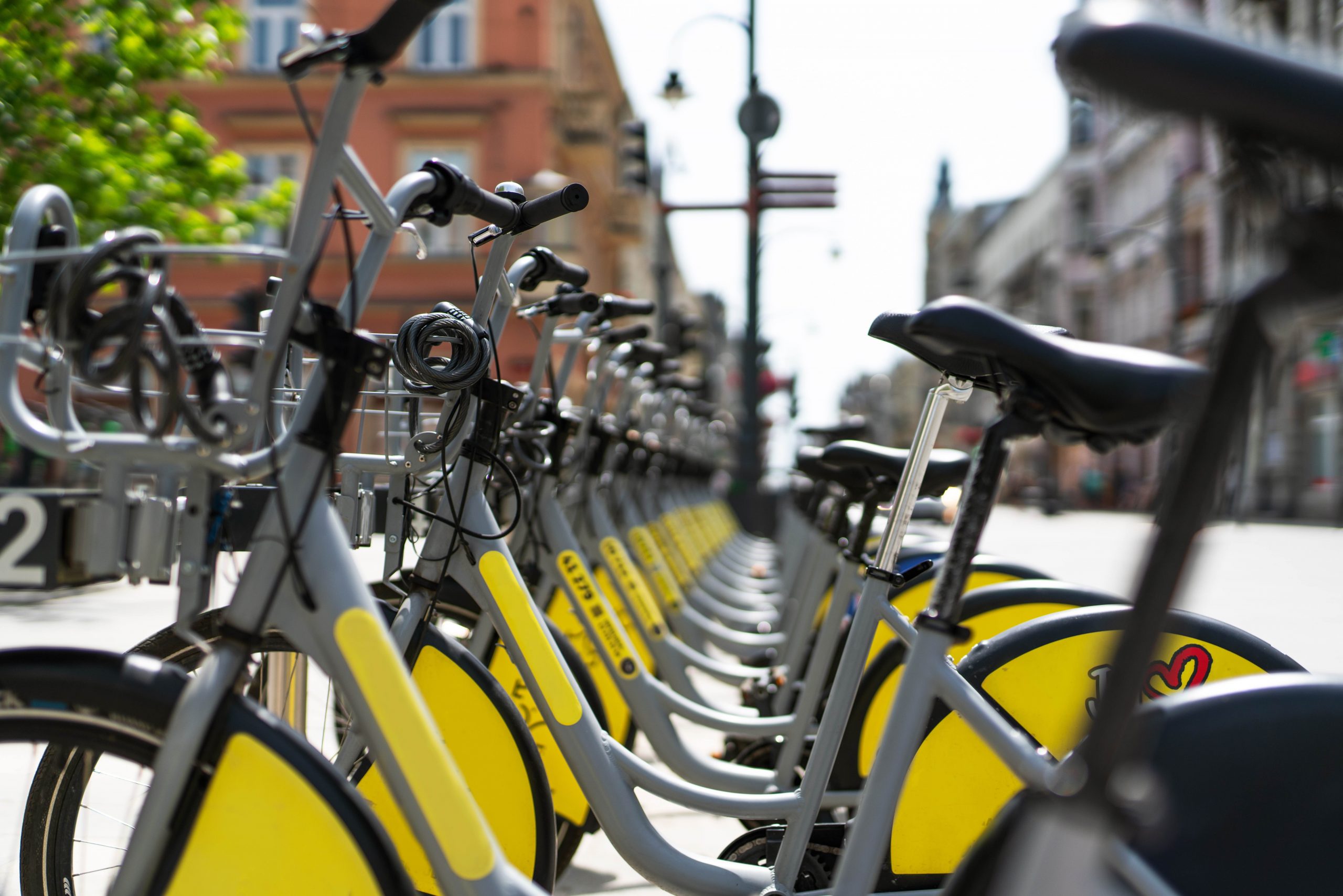Behavioural change to reduce energy use

The International Energy Agency (IEA) has published several reports on behaviour change and its impact on energy use.
Do we need to change our behaviour to reach net zero by 2050?
October 2021
Achieving net zero emissions by 2050 requires a profound transformation of the global energy system. But unintrusive, technological solutions on their own are unlikely to be enough to deliver emissions reductions at the speed and scale required. Behavioural changes are both necessary and achievable, and the onus is on governments to set the direction of those changes and enable them via effective and sustained policy support.
The Potential of Behavioural Interventions for Optimising Energy Use at Home
June 2022
This article focuses on the potential for enhancing energy efficiency with policies and programmes designed to educate consumers and encourage them to alter their daily habits – without resorting to large-scale structural improvements. This focus is motivated by the observation that interventions aimed at promoting behavioural change are often cheaper to implement relative to policies that seek to encourage investment. Such measures also tend to be relatively quick to design and implement
Residential behaviour changes lead to a reduction in heating and cooling energy use by 2030
September 2022
Behavioural changes and citizen participation can form part of a cost-effective solution to support the wholesale transformation of energy systems, including in the buildings sector. Behavioural changes are amongst the quickest and most cost-effective ways to reduce energy demand in buildings. They also support adoption of low-carbon technologies and can curb energy demand growth. Behavioural changes in buildings are facilitated by user-centred technologies. In relation to temperature set point change, one of the most promising approaches is local heating and cooling of occupants supported by Personal Environmental Control Systems (PECS).
Energy tracking report: Behavioural Changes
September 2022
The availability of infrastructure (such as cycle lanes or high-speed rail) and socio-cultural norms affect the likelihood of consumers changing their energy behaviours. Changes are also only likely to happen at the level of individual citizens if governments bring about systemic changes related to mobility and consumer awareness through effective policy. The gradual shifts in lifestyles and opinions needed for these changes will therefore require timely, clear and consistent policy interventions and investment. In the Net Zero Scenario, around three-quarters of the emissions reductions due to behavioural changes could be directly incentivized or mandated by government policies.
We are not on track. More action is needed by policy makers to stimulate the adoption of these practices, although government responses to the current energy crisis indicate that progress is being made.
Also the Sustainable Energy Authority of Ireland (SEAI) has published valuable contributions
14 Communications Recommendations to practice based on a review of behavioural science literature
January 2023
SEAI’s Behavioural Economics Unit has developed a new policy guide, aimed at anyone communicating with citizens to encourage energy conservation. The guide outlines 14 recommendations for the best ways of communicating with people how they can conserve energy, detailed below.
Reduce Your Use – Make Visible the Electricity Used by Appliances
November 2022
Pretty often we use energy at home without knowing how much of it we use – the Office of Public Works (OPW) shares advice here on displaying your electricity use and calculating electricity costs.



